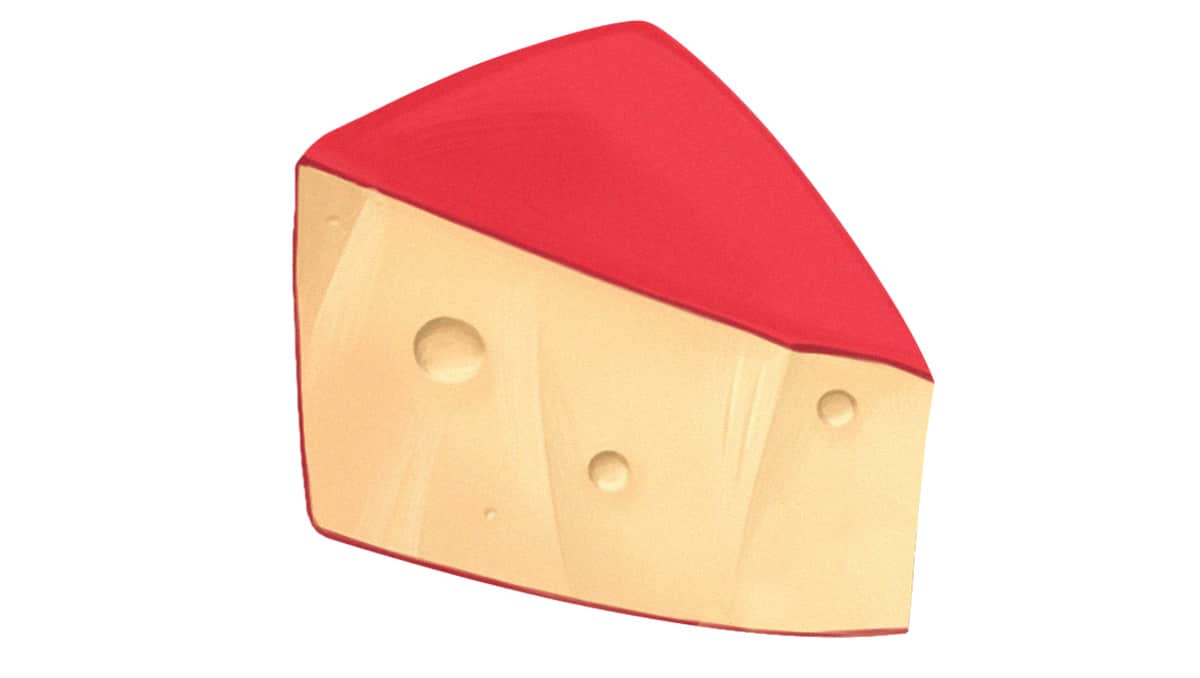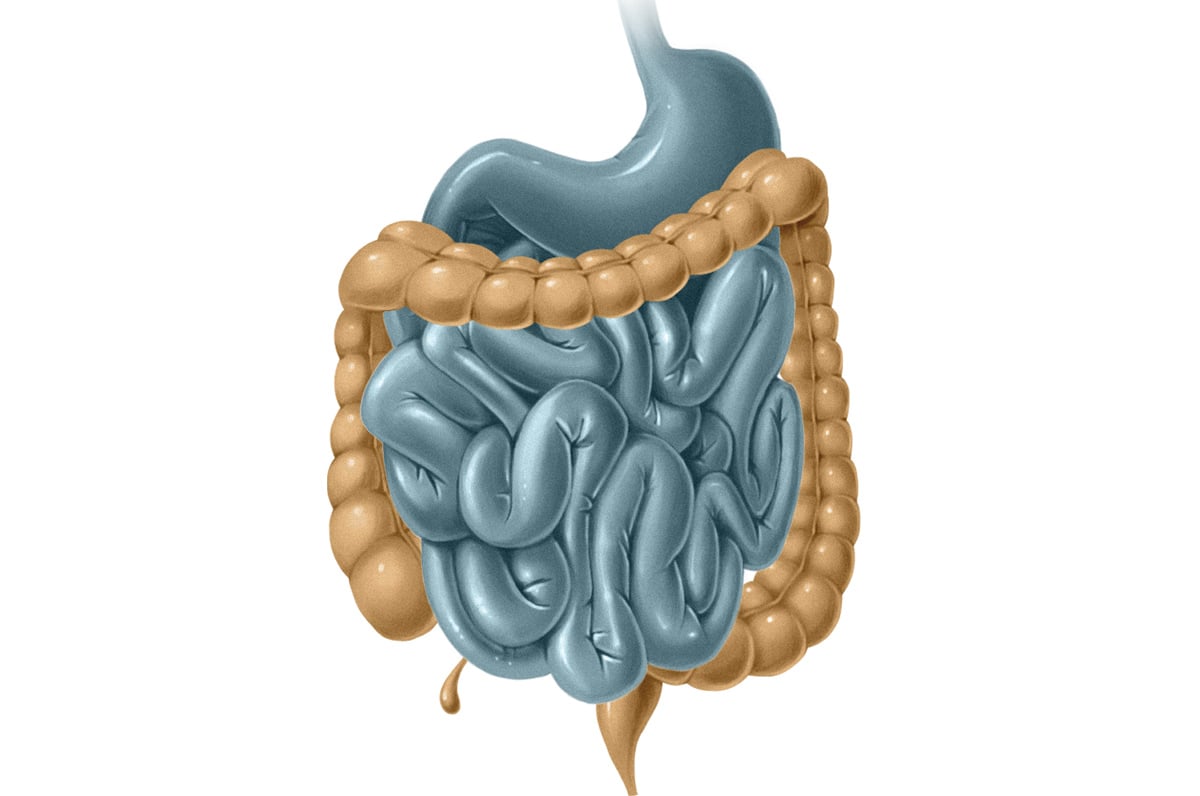We all know someone who eats like a health nut from Monday morning until they get off work on Friday, and then cuts loose until Monday rolls around again. Maybe you've been that person. Maybe you are that person (no judgement!) According to one study that analyzed data from 2003-2012, most adults eat more sugar, alcohol, junk food, fast food, and restaurant food on the weekends, so it's very common to "let go" a little on Saturday and Sunday. There's a lot more social pressure to eat "fun food," and it's totally natural to want to relax and go out to eat with your friends and just have what you want.
Unfortunately, your stomach doesn't have a special portal to the third dimension that shoots all food eaten between Friday night and Sunday morning off into another galaxy where it harmlessly floats around in space somewhere. Your body is going to have exactly the same reaction to cake on Saturday night as it does on Wednesday morning.
This doesn't mean all treats are bad. There's a time and a place for choosing to eat something just because it tastes good, or because it's part of an important social ritual, even though it's not the healthiest thing in the world. That's fine!
But on the other hand, eating junk just because it's the weekend isn't carefully choosing to eat treats because they're worth it to you in the long term. So here are 4 reasons why you're not helping yourself by getting sucked into a weekend junk/weekday diet cycle.
1. It Prevents you from Identifying Food Sensitivities

One very common comment from people who switch to Paleo is "I didn't know how sick I felt until I didn't anymore!" Some people live their whole life eating dairy (for example) even though they're lactose intolerant. They think it's normal to have low-level stomach upset and unpleasant bathroom experiences all the time. They think that's how bodies just work. Or they just have irritable bowel syndrome or something and there's nothing anyone can do about it.
Then they go Paleo. Maybe they do a 30-day challenge or the Paleo Reset. They feel great And then they try ice cream, just to have a little celebration and see - and the difference is dramatic.
If you have ice cream as a treat every weekend, you might never have that "aha" moment. Sometimes it takes a few weeks in a row of avoiding the problem food for your body to settle down and heal. If you're always re-irritating your gut with dairy (or whatever you're sensitive to), you'll never figure it out.
Of course, maybe you aren't lactose intolerant. Maybe you're one of the people who eats the celebration ice cream and...a big fat lot of nothing happens. Then you know for sure that this is a treat you can have without upsetting your stomach, and that's valuable, too. But it's worthwhile going for a few weeks straight without potential irritants or problem foods, just to see.
2. It's (Probably) Psychologically Unhealthy
Do you suffer through the drudgery of eating Paleo food during the week so you can "deserve" to eat junk on the weekend? Let's pick apart everything wrong with that...
- Eating well shouldn't be about suffering and drudgery. If Paleo makes you miserable, it's time to change the way you do Paleo. It's not always a super awesome fun carnival ride, but it shouldn't be miserable.
- If you're hungry, you deserve to eat. Full stop. Regardless of what you already did (or didn't) eat, regardless of how much you did (or didn't) exercise. The name of the day (Saturday vs. Tuesday) does not make you any more or less deserving of any food.
- Food isn't morally good or bad. There is no giant accounting book of food behavior where you put in so many days of "good" behavior and then you get to be "bad" as a reward. (And anyway, what kind of "reward" is that? You've given your body all kinds of awesome nourishment and now your reward is...unhealthy food that undoes your hard work?)
This isn't a psychologically healthy way to approach food. If you're stuck in this pattern, here's an action plan:
- Adjust your weekday diet to something you don't hate. Make a list of what you dislike about your current weekday diet and figure out how you can address those problems while still basically meeting your nutritional needs. Humans need some pleasure in their lives, and it's unreasonable to expect yourself to go without pleasure. Look into making Paleo a high-pleasure diet.
- Eat nutritious food whenever you're physically hungry. (Some help: "Why am I so hungry?" and how to beat a craving)
- Once you have a healthful diet that you don't hate, then work on extending that to the weekends. When you like your "healthy food," it's much easier to keep eating it over the weekend.
3. It Does Lasting Gut Damage

We're all familiar with a post-junk stomachache. But did you know the damage can actually last longer than that?
In this study, researchers gave rats one of 3 diets for 16 weeks. Some rats got a steady chow diet. Other rats got a steady cafeteria diet, which is basically what it sounds like: junk food all the time. The third group of rats got an alternating diet where they got chow for 4 days and then a "cafeteria diet" for 3 days. The researchers measured metabolic damage and gut health in all the rats:
- As you'd expect, rats in the chow group were healthy.
- Also as you'd expect, the rats eating the cafeteria diet got really sick. Imagine living off the food served in a 7/11 for 16 weeks - you'd get sick, too!
- The rats in the switch group had metabolic parameters in between the other two groups: not as healthy as the chow rats, but not as sick as the cafeteria diet rats. But their gut flora were basically the same as rats on the constant cafeteria diet.
Eating junk food "only on the weekends" had the same effect on the rats' gut flora as eating junk food all the time. Gut flora affects your mood, your immune system, your heart health, your weight - it's powerful stuff. Don't mess with it.
4. It can Stall Weight Loss
One study found that people trying to lose weight consistently gained weight over weekend days. Just measuring one weekend wouldn't mean much at all - people can gain or lose even 5 or 6 pounds for almost no reason at all (water weight, constipation, weird hormone fluctuations...) and it doesn't mean much. But this study tracked people every day for a year. If you always gain weight on every weekend for a whole year, then there's probably a pattern.
The study also notes that in most surveys, successful weight maintainers have a high degree of dietary consistency - that is, they eat the same things on weekends as on weekdays. Meanwhile, low dietary consistency is associated with weight gain.
Here's an example of one of those studies. The researchers surveyed around 1,400 people about their dietary consistency - whether they dieted more strictly on weekdays or not. Then they waited a year and surveyed everyone again. At the end of the year, the people with the most inconsistent diets had the highest weight gain. People who stayed consistent with their diet were 1.5 times more likely to stay the same weight (+ or - 5 pounds for water weight and randomness) than people who splurged a lot on the weekends and "made up for it" during the week.
Summing it Up
Just to reiterate: there's nothing wrong with choosing non-Paleo treats. It's a normal part of human life. But weekends shouldn't be 2 days of throwing Paleo out the window just because it's the weekend. That's not doing your gut or your weight any favors, it might be hiding food sensitivities, and it might also be a sign of problems in your psychological approach to food.





Leave a Reply